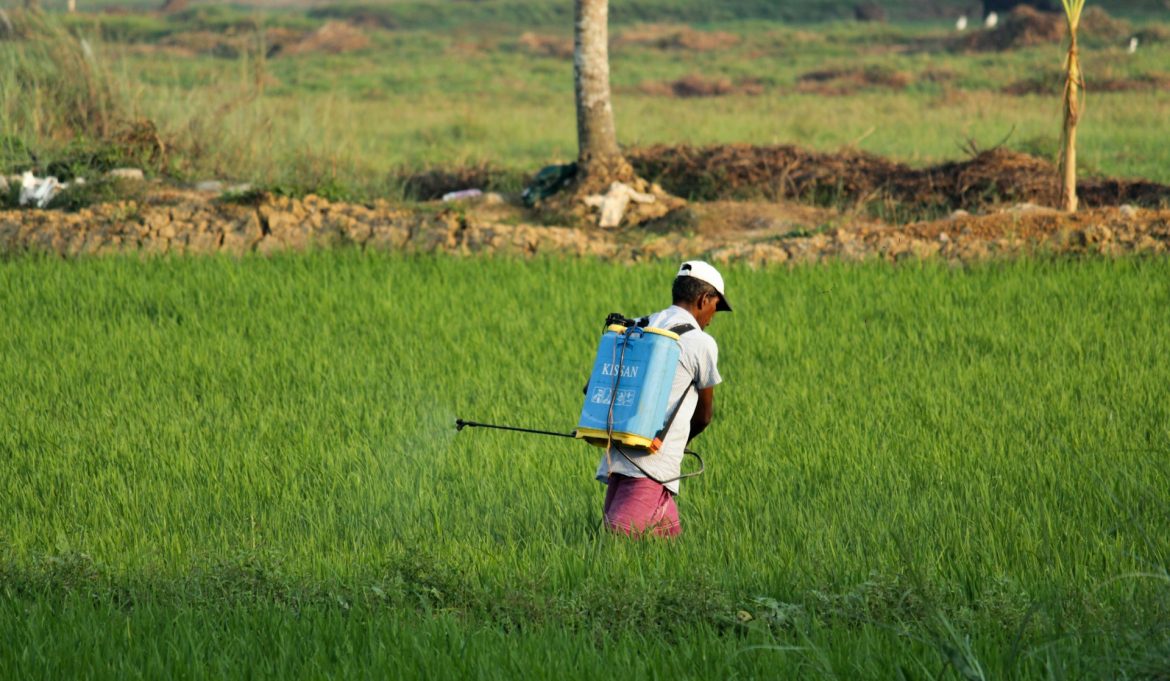Agriculture plays a vital role in feeding the world, but it’s not without its challenges. One of the most significant issues is the use of pesticides. Pesticides, including herbicides, insecticides, and fungicides, are substances used to kill or control pests. While they help in maximizing crop yields, their impact on ecosystems can be profound and far-reaching.
What Are Pesticides?
Pesticides are chemicals used in farming to control weeds, insects, and diseases that can harm crops. Some well-known brands include Roundup, a popular herbicide, and Sevin, a widely used insecticide. These products are designed to help farmers produce more food, but their environmental impact is a growing concern.
Effects on Soil Health
Soil is a complex ecosystem that supports plant life, and it’s the foundation of agriculture. Pesticides can disrupt soil health by killing beneficial organisms that help in nutrient cycling and soil formation. For example, glyphosate, the active ingredient in Roundup, can harm microorganisms essential for soil health. This can lead to poorer soil quality and reduced crop yields over time.
Impact on Water Bodies
Pesticides can leach into groundwater or be carried into streams and rivers by runoff. This contamination affects aquatic life and can lead to the death of fish and other aquatic organisms. For instance, Atrazine, another common herbicide, has been linked to hormonal imbalances in fish, leading to reproductive issues.
Effects on Non-target Species
Pesticides don’t just affect the pests they’re meant to control. They can also harm non-target species, including beneficial insects like bees and butterflies. The decline in bee populations, crucial for pollination, has been partly attributed to the use of neonicotinoid insecticides. Products like Confidor contain these chemicals, which can disorient bees and make it difficult for them to find their way back to the hive.
Bioaccumulation and Biomagnification
Pesticides can accumulate in the bodies of organisms, a process known as bioaccumulation. These chemicals can then become more concentrated as they move up the food chain, a phenomenon known as biomagnification. This can have devastating effects on top predators and disrupt entire ecosystems.
Towards Sustainable Solutions
The impact of pesticides on ecosystems highlights the need for more sustainable agricultural practices. Integrated Pest Management (IPM) is one approach that combines biological, cultural, physical, and chemical tools to minimize environmental impact. Organic farming also offers a way forward, avoiding synthetic pesticides and focusing on natural alternatives to protect crops.
In conclusion, while pesticides have played a key role in advancing agriculture, their impact on ecosystems cannot be ignored. Sustainable practices are crucial for the health of our planet and the well-being of future generations. By understanding the consequences and exploring alternatives, we can work towards a more balanced and environmentally friendly approach to agriculture.

